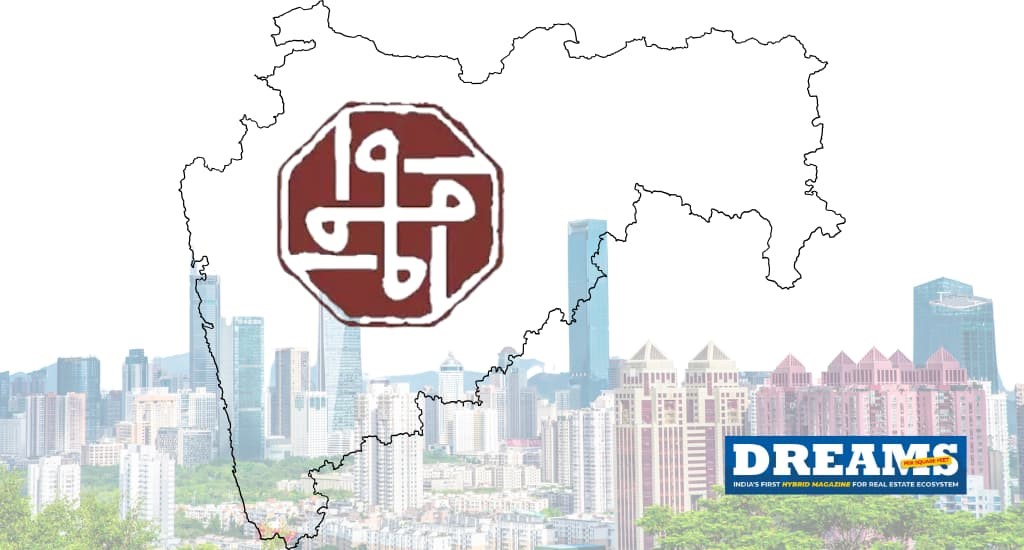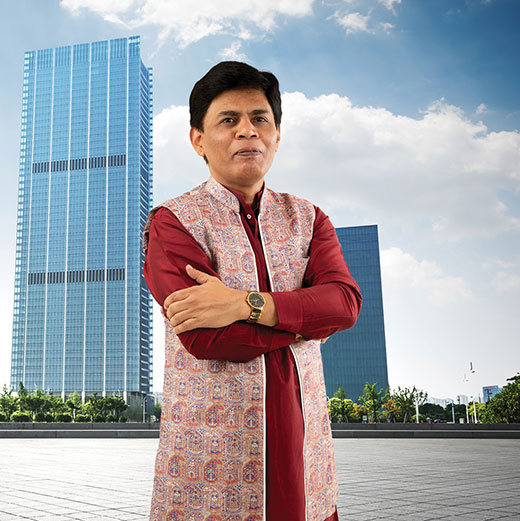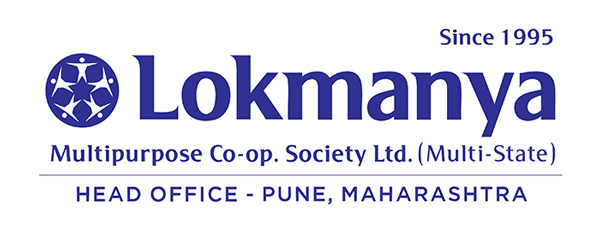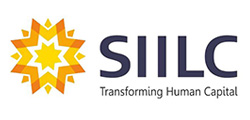The Nature, a prestigious residential project by Maharashtra Housing Corporation (MHC), is located in the serene landscapes of Mukaiwadi, Pune, just 20 minutes from Kothrud on Pirangut Road. This expansive development, spanning over 100 acres, offers a unique living experience, seamlessly blending modern luxury with the tranquillity of nature. With over 700 premium villaments, The Nature is designed to provide residents with a sanctuary away from the city’s hustle and bustle, prioritizing well-being and a deep connection with the environment. A Vision of Harmonious Living: After Fifty, Active Fifty The Nature embodies a vision of harmonious living, where architectural innovation meets the beauty of the natural world. The project’s design focuses on creating spaces that not only meet the functional needs of residents but also enhance their overall quality of life. Embracing the tagline After Fifty, Active Fifty, The Nature is designed to cater to the evolving needs of senior living, promoting an active and fulfilling lifestyle. The villament concept, a hallmark of The Nature, offers spacious, villa-like residences with the convenience of apartment living. Each villament is crafted to maximize natural light and ventilation, providing an airy and refreshing ambiance. Private gardens and expansive terraces further enhance the sense of exclusivity and freedom, allowing residents to connect with the surrounding landscape. Key Amenities: Elevating the Lifestyle The Nature boasts an array of world-class amenities, designed to cater to the diverse needs and preferences of its residents, including a special focus on senior living: The Nature’s Club: A central hub for community activities, The Nature’s Club provides a space for residents to socialize, relax, and engage in various recreational pursuits. 19-Cup Golf Course: A unique feature of The Nature, the 19-cup golf course offers residents a challenging and enjoyable golfing experience amidst the project’s scenic surroundings. The Nature’s Advanced Healthcare Centre: Ensuring the well-being of its residents, The Nature includes a multi-specialty hospital, providing access to quality healthcare services within the community. Helipad with Lounge: Recognizing the importance of connectivity, The Nature features a helipad with a lounge, offering residents a convenient and efficient mode of transportation. The Nature’s Eden (Guest Resort): For visiting guests, The Nature’s Eden provides luxurious accommodations and a tranquil retreat within the project. Amphitheatre: A space for cultural events and performances, the amphitheater at The Nature fosters a sense of community and provides entertainment for residents. The Nature’s Square: Catering to daily conveniences, The Nature’s Square offers residents easy access to essential amenities and services. Natural Waterfall (Cascade) and Waterfall Pavilion: A breathtaking feature of The Nature, the natural waterfall creates a serene and picturesque environment. The Waterfall Pavilion, inspired by Roman architecture, offers a space for relaxation and contemplation amidst the cascading water. Infinity Pool: A stunning infinity pool provides residents with a refreshing escape and panoramic views of the surrounding landscape. Fine Dining Restaurant: A fine dining restaurant within The Nature offers residents a culinary experience in an elegant and sophisticated setting. Sports Arena: For sports enthusiasts, The Nature features a sports arena, providing facilities for various athletic activities. Lagoona: A serene water body, the Lagoona adds to the project’s aesthetic appeal and provides a tranquil environment for residents to relax and unwind. Service Quarters: Ensuring convenience and efficiency, The Nature provides service quarters for domestic staff. Senior Living Focus: The project features specialized areas and activities tailored to senior residents, including accessible pathways, dedicated recreational spaces, and wellness programs. This promotes an active and social atmosphere for residents in their After Fifty, Active Fifty phase. A Location of Serenity and Connectivity Mukaiwadi, Pune – offers the ideal setting for The Nature. The area is known for its lush greenery, peaceful environment, and proximity to nature. It provides a tranquil retreat from the city’s hustle and bustle while still being conveniently connected to essential amenities and services. The project’s location allows residents to enjoy the best of both worlds: the serenity of nature and the convenience of modern living. The Nature is more than just a residential project; it’s a carefully curated lifestyle, designed to enhance well-being and foster a deep connection with the environment, especially for those entering their “After Fifty, Active Fifty” years. It offers residents a unique opportunity to live in harmony with nature, enjoying modern comforts and world-class amenities in a serene and picturesque setting. This project stands as a testament to the idea that a home should be a sanctuary, a place where one can truly connect with themselves and the environment. Visionaries Behind The Nature: The Nature at Mukaiwadi, Pune, is a testament to the vision and dedication of Sushilkumar Deshmukh and Prafulla Deshmukh. Their combined expertise has been instrumental in creating a residential project that blends luxury with nature. Sushilkumar Deshmukh Sushilkumar Deshmukh, an accomplished engineer and real estate developer with over 30 years of experience in Pune, is known for his technical expertise and business acumen. He has successfully completed numerous projects, delivering excellence, quality, and customer satisfaction. He is the founder of Maharashtra Housing Corporation (MHC), which has a decade-old legacy of trust and values. Prafulla Deshmukh Prafulla is, a promising young professional, is following in Sushilkumar Deshmukh’s footsteps in the real estate industry. Bringing a unique blend of expertise, he holds a BE Civil-LLB qualification, demonstrating a strong foundation in both engineering and legal aspects of development. This allows him to approach projects with a comprehensive understanding of technical specifications and regulatory compliance. He brings fresh ideas and a forward-thinking approach, with a passion for innovation and continuous learning. Prafulla is dedicated to enhancing the family legacy in real estate. Together, they have created a project that embodies brilliance in both the science and art of construction, catering to a visionary life. Their mission is to create landmarks that meet global standards, are future-driven, and offer an excellent investment option. The Nature reflects their commitment to providing an exceptional living experience, promoting philosophical values and creating spaces that go beyond the ordinary.















